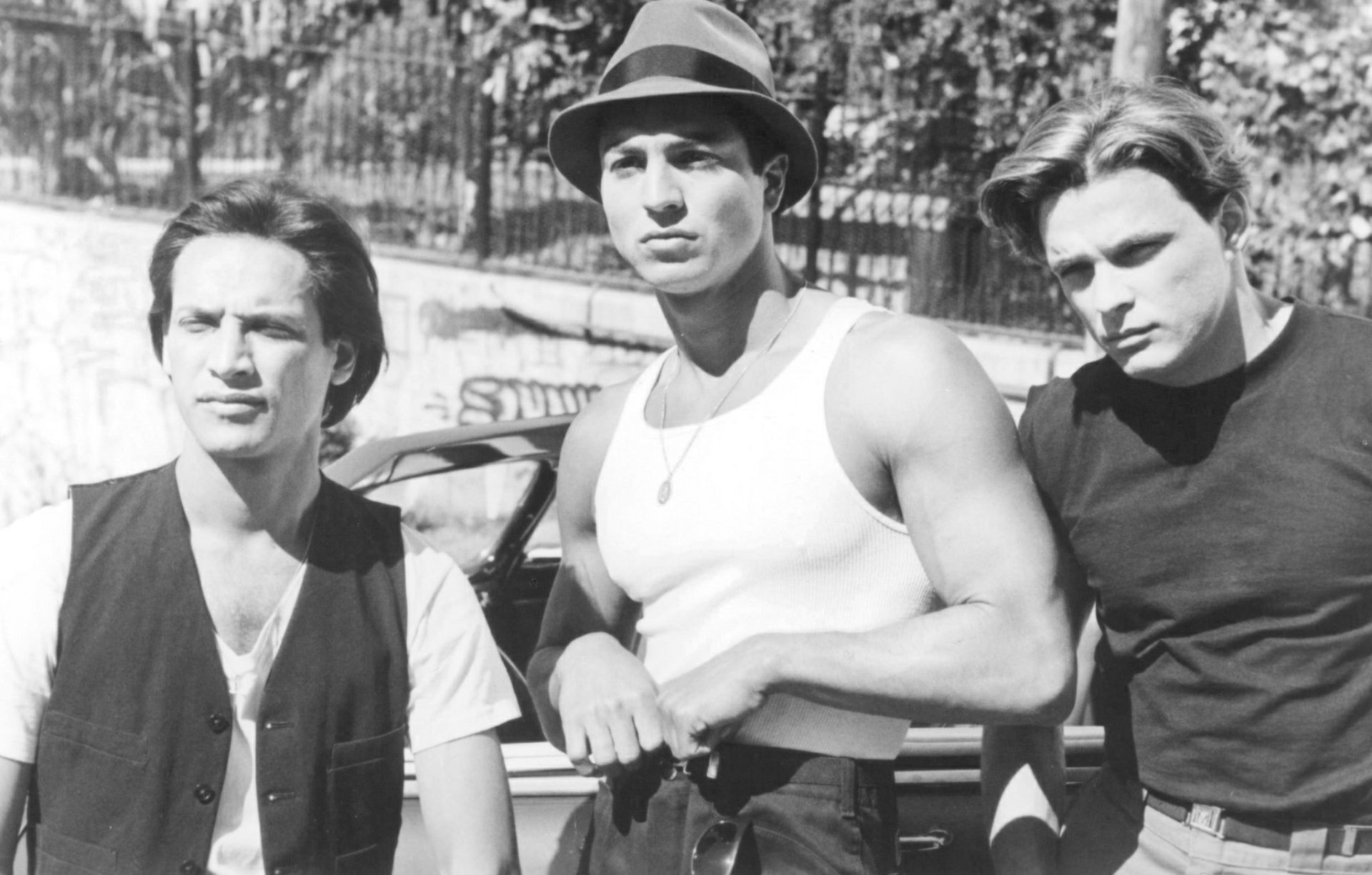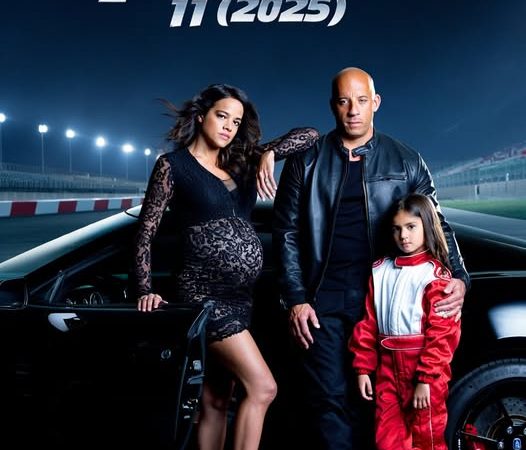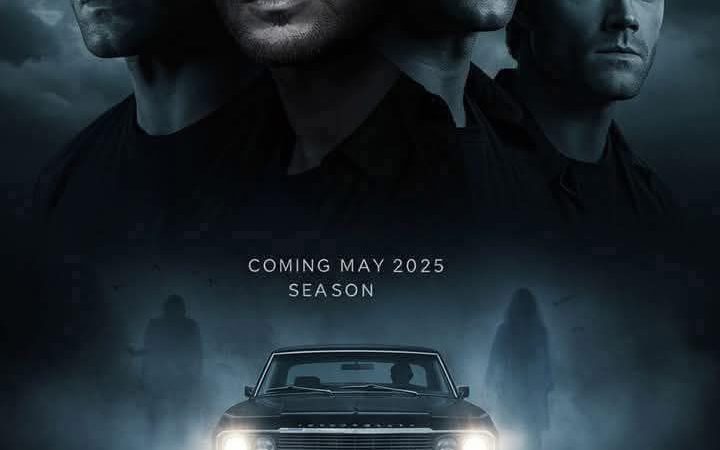Blood In, Blood Out (1993): The Price of Loyalty and the Bonds That Break Us
Blood In, Blood Out (1993): A Raw Journey Through Brotherhood, Loyalty, and the Consequences of Crime
Blood In, Blood Out (1993) is a gripping crime drama that delves deep into the lives of the Latino community in Los Angeles, exploring themes of loyalty, brotherhood, and the consequences of a life entwined with crime. Directed by Taylor Hackford, with a script adapted from Jimmy Santiago Baca’s novel, this film offers a powerful portrayal of gang life and the complex bonds of family and friendship.
Movie Plot
The film follows three childhood friends: Miklo Velka, Cruz Candelaria, and Paco Aguilar, who grow up in a tough neighborhood where crime and violence are a daily reality. Despite their surroundings, the trio shares a strong bond, but life soon pulls them down separate paths, testing their friendship and their loyalty to one another.
Miklo, a young man seeking acceptance, is drawn into the world of gangs, where he not only finds belonging but also faces severe challenges. His time in prison becomes a brutal test of survival and loyalty, forcing Miklo to confront the harsh realities of gang life and the consequences of his choices.

Cruz, Miklo’s close friend, chooses a different path—he strives to escape the grip of gang life by pursuing a career as an artist. However, his past and the relationships he can’t shake off complicate his attempts to move forward, especially when his friends’ lives begin to collide in ways he can’t ignore.
Paco, the third member of the trio, struggles with his own family and the tensions surrounding Miklo. Though he has conflicts with Miklo, Paco finds it hard to fully break free from the deep influence of his past and the criminal world he is tied to.

Themes and Significance
Blood In, Blood Out is not just about gang life; it’s a profound exploration of brotherhood, family, and personal sacrifice. The film highlights the inner conflict between seeking acceptance and maintaining responsibility to family and friends. It poses tough questions about the value of loyalty and the heavy price of one’s decisions, especially when those decisions threaten to destroy relationships.
The characters are far from one-dimensional criminals. They are people with emotions, dreams, and pain. Each step they take is costly, and the film doesn’t shy away from showing the consequences of their choices. This makes the film deeply emotional, providing not only a view into gang life but also the internal struggles that many individuals face when confronting difficult decisions in their lives.

Performances and Reception
Damian Chapa, Jesse Borrego, and Benjamin Bratt, who play Miklo, Cruz, and Paco, respectively, deliver powerful performances that bring their characters to life. They convey the raw emotions of their roles, making the audience feel the pain, brotherhood, and inner turmoil of each character as they navigate their respective paths.
Although the film didn’t achieve significant box-office success, it quickly gained a devoted fanbase and has been praised within communities that resonate with the themes it explores. It remains a cult classic, particularly for those interested in stories that reflect the experiences of Latino communities and social issues.

Blood In, Blood Out is not just a crime movie—it’s a thought-provoking piece of art that explores human nature within the complex fabric of society. The choices we make can change everything, and this film shows that even in the hardest times, we can learn valuable lessons from our struggles and challenges.



